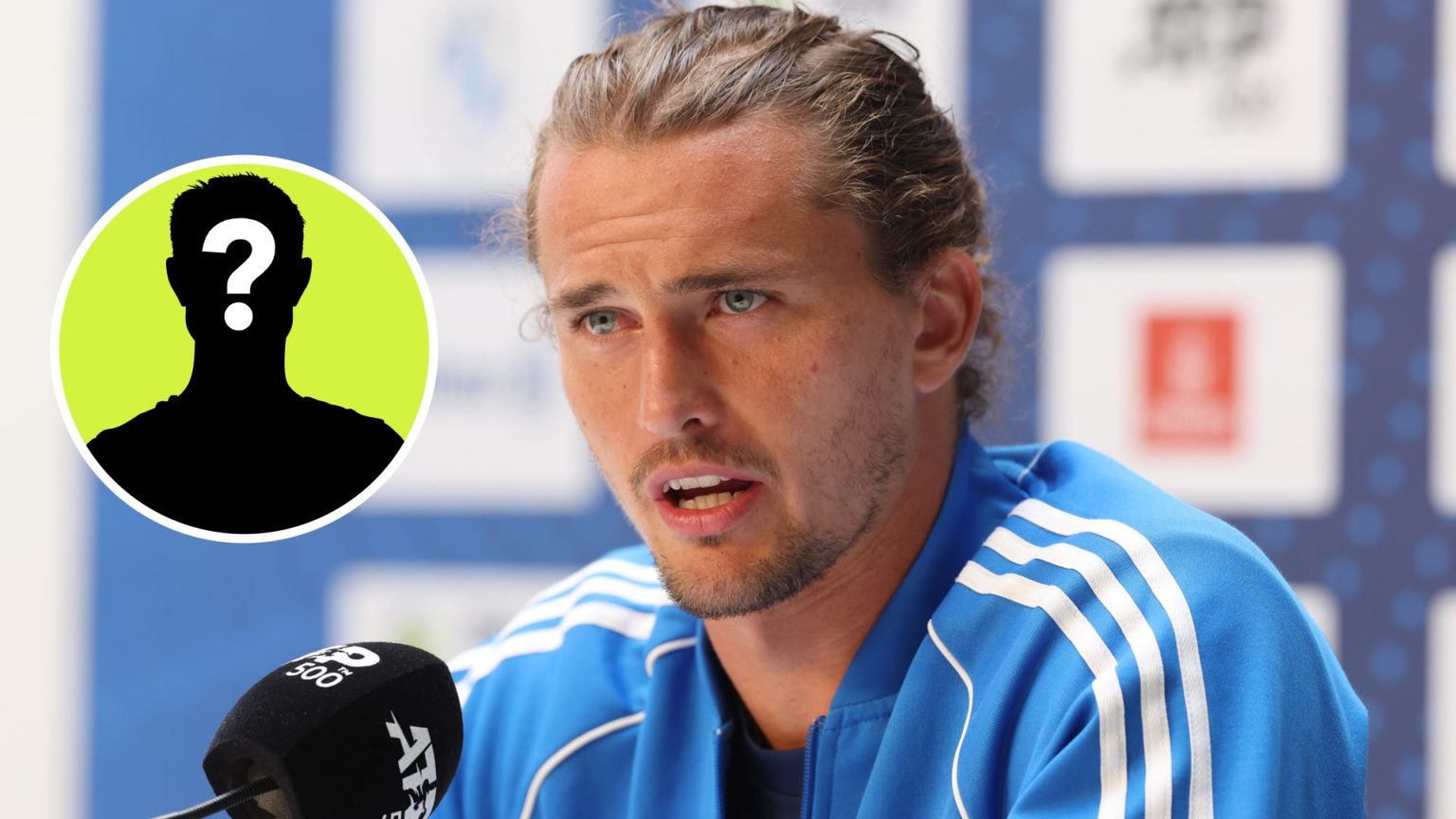
Alexander Zverev, the world No. 2 and one of tennis’s most formidable talents, has shone a spotlight on a lesser-known compatriot, Daniel Altmaier, labeling him a player who makes life “extremely complicated” for the sport’s top stars. Fresh off a commanding 6-3, 6-2 victory over Altmaier in the second round of the Bavarian International Tennis Championships in Munich on April 16, 2025, Zverev didn’t hold back in praising the 26-year-old ranked No. 61 in the ATP standings. “He [Daniel Altmaier] makes it complicated,” Zverev said after the match, noting Altmaier’s ability to disrupt even the best. “He has beaten a lot of good players, a lot of top players, he’s beaten [Jannik] Sinner before, beaten me before, so he knows how to make it extremely complicated.”
Zverev’s comments came as he advanced to the quarterfinals of the ATP 500 event, a tournament close to his heart in his home country of Germany. The match against Altmaier, while a straight-sets win, was no walk in the park. Zverev, who has reached three Grand Slam finals, including the 2025 Australian Open, explained how Altmaier’s unorthodox style throws off opponents. “His shots may seem off at times but he knows how to make it extremely complicated for the top guys, where we feel like we’re not feeling the ball quite well,” he said. This ability to disrupt rhythm, combined with Altmaier’s fearless approach, has seen him notch stunning upsets, including a 2023 Hamburg victory over then-world No. 1 Jannik Sinner and a 2021 win over Zverev himself in Vienna. These scalps underscore why Zverev views Altmaier as a dangerous floater in any draw.
Altmaier, a journeyman who turned pro in 2014, has yet to crack the ATP top 50, with a career-high ranking of No. 53. His game, characterized by heavy topspin, deceptive pace, and a knack for grinding out points, often frustrates opponents accustomed to dictating play. In Munich, Zverev noted the contrast between Altmaier and his first-round opponent, Alexandre Muller. “Against Alexandre in the first round, I felt like the ball from the ground was extremely well on my racket and he gave me incredible rhythm,” Zverev said. “Daniel doesn’t give you that at all, he doesn’t give you a rhythm at all.” To counter Altmaier’s disruptive tactics, Zverev leaned on his serve and net play, admitting, “I maybe played from the baseline a bit worse today, but I served better today. I came into the net better, I was finding solutions even better.”
The Munich victory was a confidence boost for Zverev, who has faced a rollercoaster 2025 season. After reaching the Australian Open final, where he fell to Sinner, Zverev suffered surprising losses to players like Francisco Comesana in Rio and Learner Tien in Acapulco. A second-round defeat to Tallon Griekspoor at Indian Wells, where he squandered a set lead, was particularly stinging. Now, facing Griekspoor again in the Munich quarterfinals, Zverev is wary but optimistic. “I’m happy with the win, definitely, and looking forward to the next few matches,” he said, eager to build momentum on clay ahead of Roland Garros, where he reached the 2024 final.
Altmaier’s ability to challenge top players isn’t just a one-off. His 2020 Roland Garros run to the fourth round, where he pushed Diego Schwartzman to five sets, showcased his potential on clay. His upset of Sinner in Hamburg, a 6-4, 6-7(5), 6-4 marathon, proved he can hang with the elite. For Zverev, who has 23 ATP titles and a 2020 Olympic gold medal, recognizing Altmaier’s threat is a nod to the depth of men’s tennis, where players outside the top echelons can still wreak havoc. “There’s a lot of positives to take,” Zverev reflected, crediting his adaptability against Altmaier’s tricky style.
As Zverev continues his clay-court campaign, his praise for Altmaier serves as a reminder that in tennis, rankings don’t tell the whole story. Altmaier, with his gritty determination and unconventional game, embodies the sport’s unpredictability. For fans, Zverev’s words elevate Altmaier from an underdog to a name to watch, especially as the clay season heats up. Whether he’s upsetting giants or pushing them to their limits, Altmaier is proving that “extremely complicated” is a badge of honor in the cutthroat world of professional tennis.
Leave a Reply